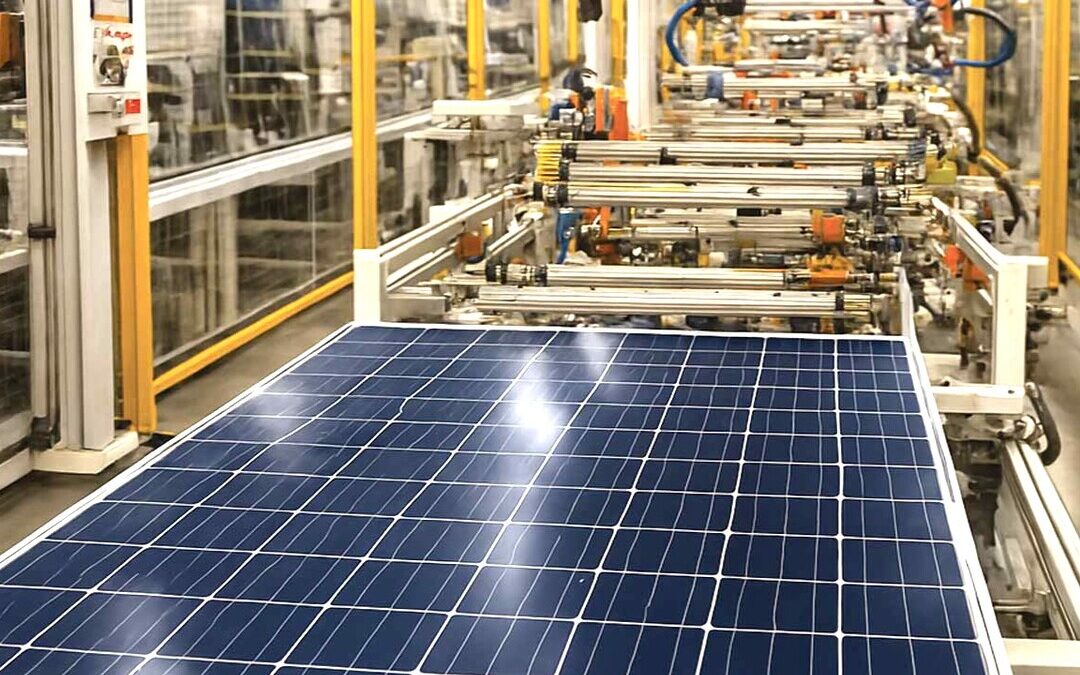MSMEs Turn to Green Finance and Policy Expansion for Sustainable Growth
Indian MSMEs boost green policies and investments as sustainability awareness and profitability expectations reach record highs.
Indian micro, small and medium enterprises are ramping up sustainability efforts, expanding environmental policies and expecting profitability gains, revealed an industry report released on Wednesday.
According to the Sustainability Perception Index, or the green plus indicator, released by Dun & Bradstreet and Small Industries Development Bank of India, rose 20 percent year-on-year to 65 in the April–June 2025 quarter.
The index, which gauges MSMEs’ sustainability sentiment across willingness, awareness, and implementation, marks one of the highest readings in recent years, highlighting the sector’s growing readiness to embed sustainability into core operations.
Although awareness and implementation moderated slightly, willingness rose 3 percent quarter-on-quarter, signaling growing readiness to act on sustainability goals.
Profitability and Regulation Driving Green Momentum
The survey found 66 percent of MSMEs plan to expand environmental policies, while 76 percent expect profitability gains from green actions.
Profitability and compliance with regulations remain the most potent motivators, especially for firms less than 10 years old.
“MSMEs are steadily advancing on their sustainability journey,” said Dr. Arun Singh, global chief economist at Dun & Bradstreet. “The 20 percent rise in SPeX reflects growing maturity in how smaller businesses view sustainability. Willingness is rising, especially among younger firms adopting green practices as part of their brand and growth strategy.”
Medium enterprises are leading implementation, while capital goods companies remain in early data-gathering stages. Regulatory compliance and cost efficiency continue to shape decision-making across sectors.
SIDBI Sees Stronger Commitment to Green Financing
Dr. Ravindra Kumar Singh, chief general manager of SIDBI’s green climate finance vertical, said MSMEs are showing increasing responsiveness to environmental goals.
“The Green Pulse for Q2 2025 reveals improving commitment,” he said. “Sixty-six percent of MSMEs aim to expand environmental policies, and 76 percent expect profitability from these actions.”
SIDBI’s green finance programs, such as Green Investment and Financing for Transformation and Scheme for Promotion and Investment in Circular Economy under the Ministry of MSME, are boosting investments in renewable energy, e-mobility, circular economy, and energy efficiency.
Each green loan must meet definitional and environmental criteria to track energy savings and emission reductions.
Rising Willingness but Uneven Implementation
Full environmental implementation has been achieved in 13 of 21 states, with Kerala and Madhya Pradesh leading.
Social measures are also gaining traction, with about three-quarters of small and medium enterprises integrating social parameters into their operations.
However, capital constraints remain a major hurdle. About 65 percent of firms cited a lack of funds, while 75 percent of younger enterprises said financing challenges delay implementation.
Another 60 percent of firms aged five to 25 years pointed to uncertain returns as a key deterrent.
Younger Firms Lead Awareness and Circular Practices
Younger firms under five years old increased green financing uptake by 14 percent, using sustainability to strengthen branding and future readiness.
Medium firms are at the forefront of circular economy practices, with 65 percent adopting “reduce, reuse, recycle” initiatives, up from 31 percent in the previous quarter.
Micro enterprises showed early governance adoption, while medium firms reported 64.7 percent implementation, including full adoption in six states.
Kerala, Telangana and Chhattisgarh showed the highest sustainability familiarity of above 80 percent, while Maharashtra lagged, with only 50 percent awareness among medium enterprises.
Path Ahead: From Intent to Impact
Analysts said MSMEs’ transition to sustainability marks a strategic shift toward competitiveness and long-term value creation. Simplified certification, improved financial literacy, and technical expertise will be key to converting intent into measurable action.
“For MSMEs, sustainability is no longer about compliance—it’s about building resilience, differentiation, and future readiness,” said Dr. Singh of Dun & Bradstreet.
The SPeX index, ranging from 0 to 100, tracks MSMEs’ perceptions of sustainability across awareness, willingness, and implementation. A higher score indicates stronger adoption and confidence in green-driven growth.
Also Read:
SIDBI, AFD Sign $100M Credit Deal to Boost Green Finance in MSME Sector
Nirmal Menon
Related posts
Subscribe
Error: Contact form not found.


